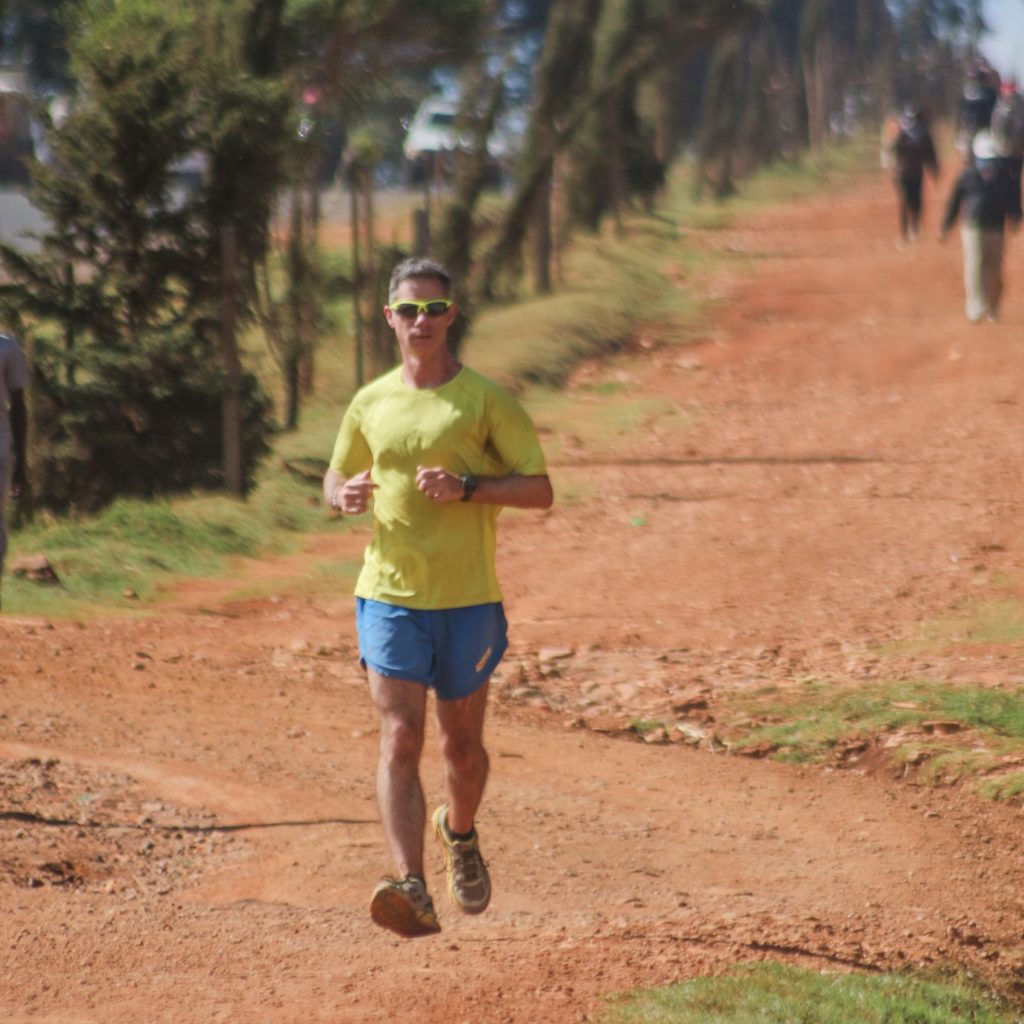Today marks 9 weeks of living in Kenya. Here’s what I know for sure:
1. When you hang dry cotton T-shirts and underwear after washing them, they dry stiff, as if they have been starched. I miss fabric softener.
2. There is a lack of scientific and individualized training in Kenya, which makes the athletes’ performances even more impressive, yet speaks to the potential here.
3. The athletes don’t eat much food because they have no money to eat, which makes the athletes’ performances and ability to run so much and so hard even more impressive, yet speaks to the potential here. Please consider donating to our fundraiser so these athletes can eat: https://www.gofundme.com/f/helpkenyanrunnersrealizetheirdream
4. Eating ugali gets old after a couple of weeks.
5. Altitude training is hard, especially running uphill. I have lived at altitude before, in Albuquerque, New Mexico, but this is the highest I have ever lived at 7,900 feet. Altitude has nothing to do with why the Kenyan runners are so good at distance running. There’s plenty of altitude in America, but the best American distance runners have historically been born and raised and trained at sea level. Sometimes, the most talented American runners go to altitude to train, and then they run fast, and that proliferates the idea that altitude training is important.
6. Chapati is tasty, but it gives me gas.
7. The Kenyan runners in Iten don’t run barefoot. You can’t run barefoot or in minimalist shoes on these rocky dirt roads.
8. Traveling by matatu is not a pleasant experience. They squish people in the minivan and blast the music. Much more fun to ride on the back of a motorbike, as long as I don’t fall off.
9. The barber I went to for a haircut is the only Kenyan sprinter in Iten. He has run 10.3 seconds for 100 meters. He learns how to sprint from watching YouTube videos and lifting weights. He doesn’t have a coach…

Maybe American runners don’t need to eat as much as we think. Our science of eating is based on statistics drawn from blood samples of average people. I really wonder if we need as much protein and fat as statistics say and the wrong carbs don’t help either.
If there is no “science” then it shows you how much more important just having a “coach” is.
Well done
“The athletes don’t eat much food because they have no money to eat.” I’d like to really understand this. I’ve been obese most of my life. I lost a ton of weight and started running. Now I’m up to 10k a day (time permitting) but I still don’t really understand how much or little a runner should eat. The science shows that caloric deficit is the way to keep losing weight and yet I’ve plateaued which makes me think that I’m still eating too much or just the wrong things. I’ll try to understand the relationship Kenyan runners (or the Ramuri in Mexico) have with food and still put in the miles. Great article.
As weight comes off from a caloric deficit, there will ultimately be a plateau because (1) you can’t keep operating in a caloric deficit indefinitely and (2) metabolic rate decreases as you lose weight, so what it takes to keep weight off or continue to lose more weight is different from what it took to initially lose weight.